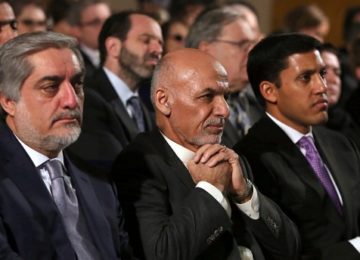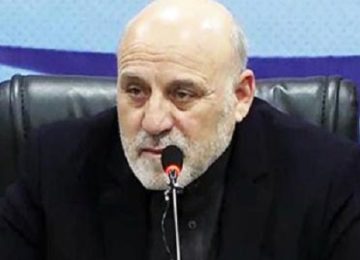June 18, 2021
A recent report published by the NATO Defense College in Rome has said that Pakistan doesn’t want the Taliban takeover in Afghanistan, pushing Taliban to make concessions for a political deal but foreign players like India oppose an interim government.
The 104-page report is part of the NATO Defense College’s NDC Research Papers Series that highlights various issues faced by Afghanistan after the US announcement to withdraw troops from the war-ravaged country. Chapters on Pakistan and India have been written, respectively, by Siegfried O. Wolf and Rahul Roy-Chaudhury, and defense experts from UK’s defense think-tanks IISS and RUSI have contributed.
The report shows that regional powers agree that the long-drawn conflict must be resolved through political means; most support a form of power sharing with the Taliban but do not want a full Taliban takeover. The report establishes that Pakistan accepts that Taliban would have a significant role, but in coalition with other political forces; Russia – and probably China – also support replacing Ashraf Ghani with a more inclusive interim government in which the Taliban play a role. These views are balanced by non-Taliban power brokers like Iran that may be willing to accept a power-sharing arrangement if its interests are protected but India completely opposes the idea of an interim government, fearing it will lead to a Taliban takeover and embed Pakistan’s influence but at the same time they are not ready to back the Ghani administration with military support.
Given the Indian government’s refusal to talk publicly to the Taliban, according to the report, the country also remains largely marginalized in the international talks surrounding the peace process. Two decades on from the events of 9/11 and a prolonged war, Pakistan stands out as the most influential regional actor, by virtue of its cultural, historical and economic ties with Afghanistan, and its long association with the Taliban, according to the report. The report says: “Iran is a powerful regional player with extensive interests in the country, and the role of Afghanistan’s northern neighbours, Turkmenistan, Uzbekistan and Tajikistan, is often underestimated. China has a short border with Afghanistan, but operates more as a great power in the region and as a close ally of Pakistan. Russia still views Afghanistan as bordering its sphere of influence in Central Asia and as a potential source of insecurity. India also plays an important role, primarily driven by rivalry with Pakistan. The Gulf States no longer have the close ties with the Taliban that they once enjoyed, but still have important interests in Afghanistan.”
It says that a recent UK parliamentary report called for a “binding international commitment by all of Afghanistan’s neighbours to non-intervention” but such calls are unrealistic as Iran and Pakistan will become more – not less – enmeshed in Afghanistan’s politics and economy after a US/NATO withdrawal. The report said that there is broad acknowledgement that only a political agreement can resolve the conflict, and most regional powers – with the notable exception of India – believe that any peace deal will only be viable if it involves a share of power for the Taliban. On the other hand, no regional power – including Pakistan – wants a return of the Taliban to a complete monopoly of power. On India, Rahul Roy-Chaudhury writes that India has been a major “development” partner of Afghanistan but the number of India’s ongoing projects have also been currently reduced due to the deteriorating security environment in Afghanistan.
Courtesy: The News








